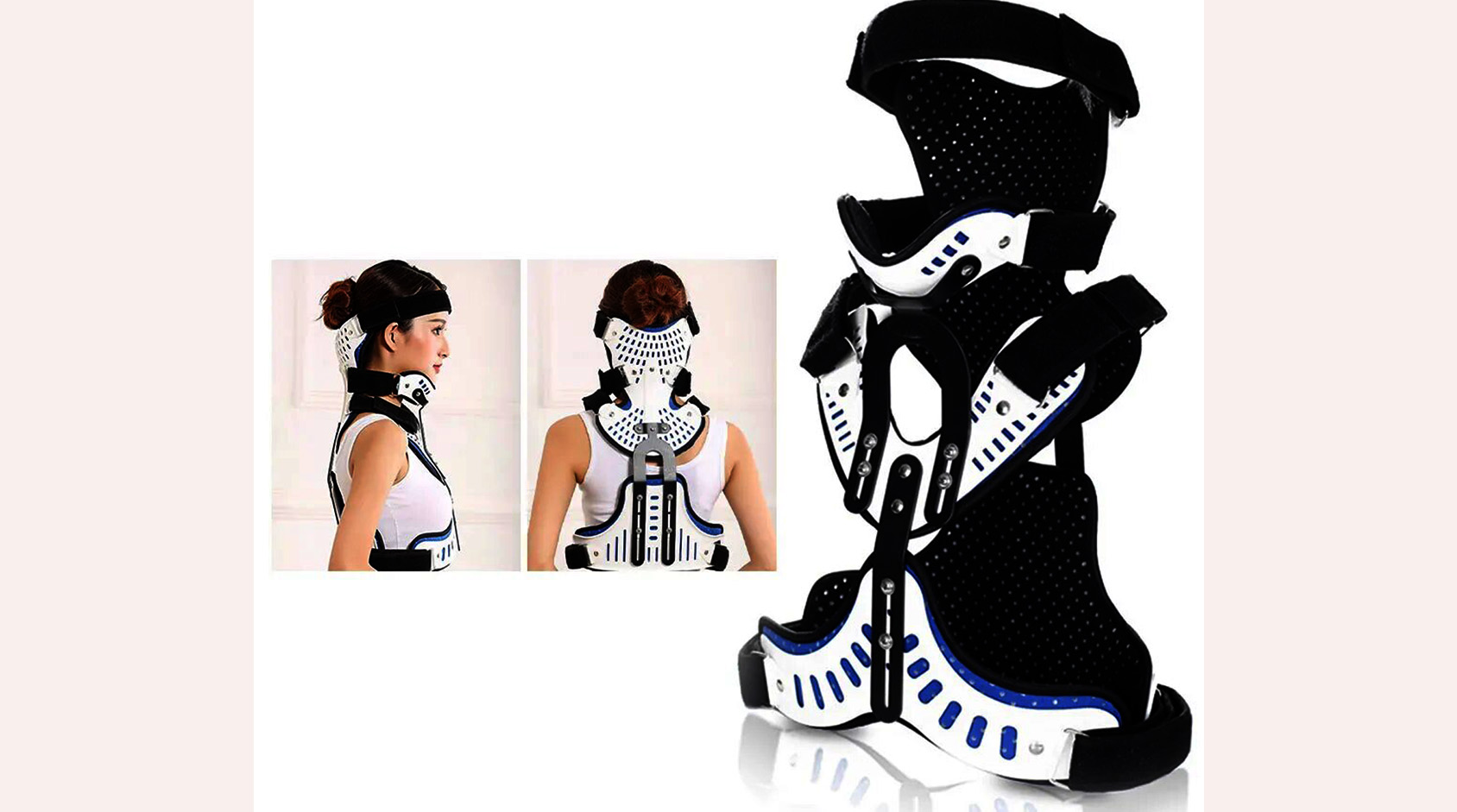
A prefabricated orthosis is a type of orthotic device that is not custom-made for a specific individual but is instead mass-produced in standard sizes and configurations. These prefabricated orthotic devices are designed to provide support, correction, or relief for a wide range of musculoskeletal issues and conditions. They offer a more cost-effective and readily available solution compared to custom-made orthoses. Here's a detailed explanation of prefabricated orthoses
These are ready-made insoles or inserts designed to be worn inside shoes. They are available in various sizes and are intended to address common foot problems like arch support, cushioning, and alignment.
These orthotic devices are pre-sized and are commonly used to provide support and stability for the ankle joint in cases of mild to moderate sprains or injuries.
These braces are available in standard sizes and are designed to support and stabilize the knee joint. They are often used during post-injury rehabilitation.
These are typically designed to offer support for the lower back and are used in cases of lower back pain, mild spinal conditions, or for extra support during lifting and physical activities.
These are available in standard sizes and are used to provide support and immobilization for the wrist or hand, typically in cases of mild to moderate wrist or hand injuries.
Prefabricated orthoses are manufactured in various standard sizes and configurations, which are typically based on common measurements or averages. Individuals select the size that best fits their body or the affected area.
Prefabricated orthotic devices are readily available and do not require the same lead time as custom orthotics. They can be purchased off the shelf or through a healthcare provider or retail store.
These devices are generally suitable for mild to moderate cases of musculoskeletal issues or injuries. Prefabricated orthoses may help alleviate pain, provide basic support, or offer protection during activities.
Prefabricated orthoses are often more cost-effective compared to custom-made orthotic devices. This affordability makes them accessible to a broader range of individuals.
Prefabricated orthoses may not provide the same level of individualized support as custom orthoses. They may not be as effective for complex or severe conditions that require highly specific solutions.
Prefabricated orthoses are a practical and convenient option for individuals who need basic support or relief from common musculoskeletal issues. However, for more complex or severe conditions that require highly customized solutions, custom-made orthotic devices are typically recommended to ensure the best fit and therapeutic outcomes. It's important to consult with a healthcare provider or orthotist to determine which type of orthosis is most suitable for a specific condition.
Ask The Expert